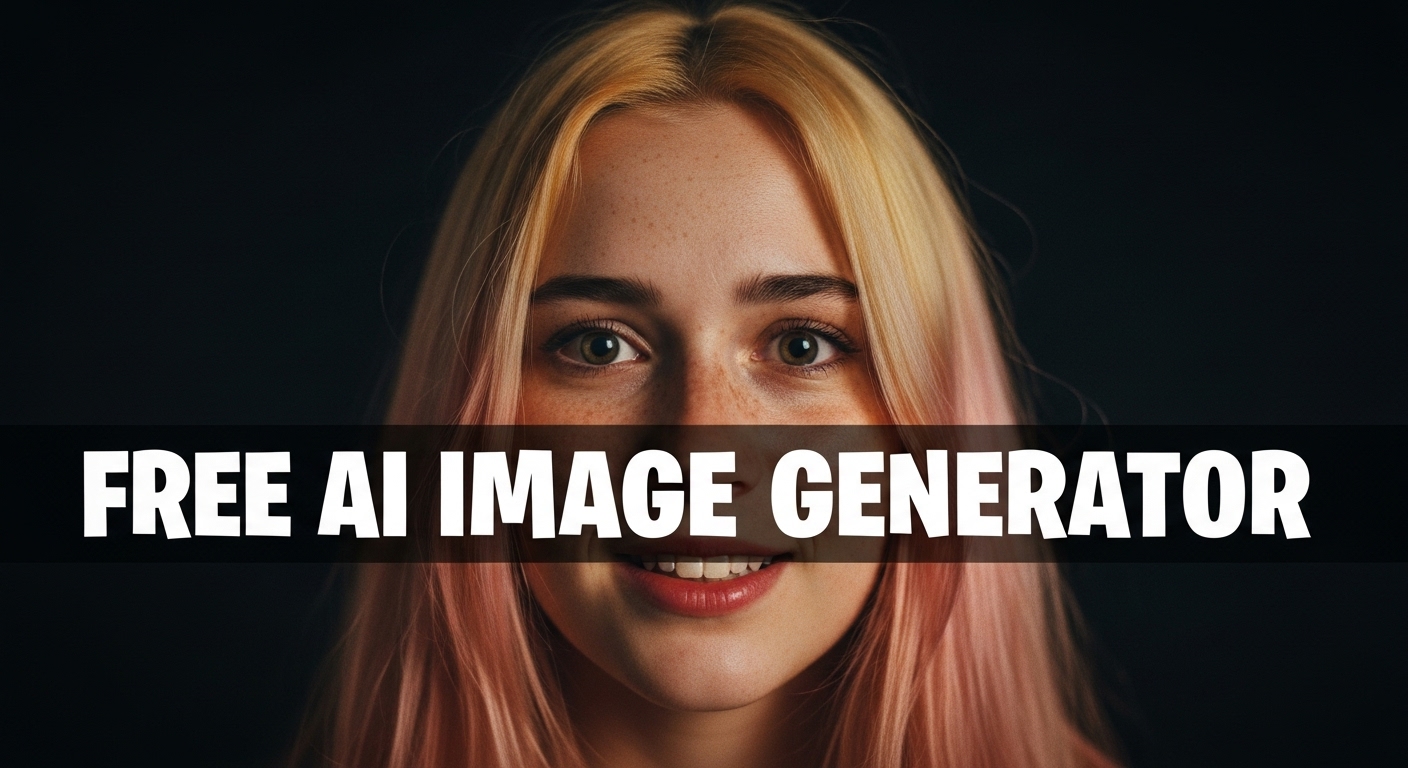Analogous Colors Image Generator
Analogous Colors Image Generator is a free online tool to generate analogous colors style images. The tool is free to use, just enter prompt in analogous colors style and generate analogous colors image style in seconds similar quality to flux, midjourney, open ai, imagen, nano banana AI image quality.
Generate Analogous Colors AI Image for Free
What is a analogous colors Generator?

An Analogous Colors Generator is a specialized AI imaging tool that composes visuals using colors that sit next to each other on the color wheel. Instead of random palettes, it selects a narrow band of hues and produces images where tones blend naturally, creating visual cohesion, subtle contrast, and a strong sense of mood without relying on complementary color jumps.
Designers, illustrators, brand strategists, and content creators use this generator when they want consistent, mood-driven output. It is ideal for projects that demand visual harmony, such as editorial spreads, product mockups, app themes, or mood boards where maintaining tint relationships and smooth tonal transitions is critical.
How to Create analogous colors Images
To create analogous colors images in three simple steps start by choosing a base hue or entering a prompt that names the target hue and mood, for example teal calm or coral sunset; next select the narrow analogous range and adjust saturation, brightness, and balance controls to tune contrast and emphasis so that the three to five adjacent hues read clearly together; finally preview and refine the layout or composition, then export the image with accompanying hex palette for reuse in designs.
Enter AI Analogous Colors Prompt

Type your analogous colors character or scene description in the prompt box. Include details like character appearance, clothing, expressions, and setting to get better AI analogous colors results.
Choose AI Model Settings
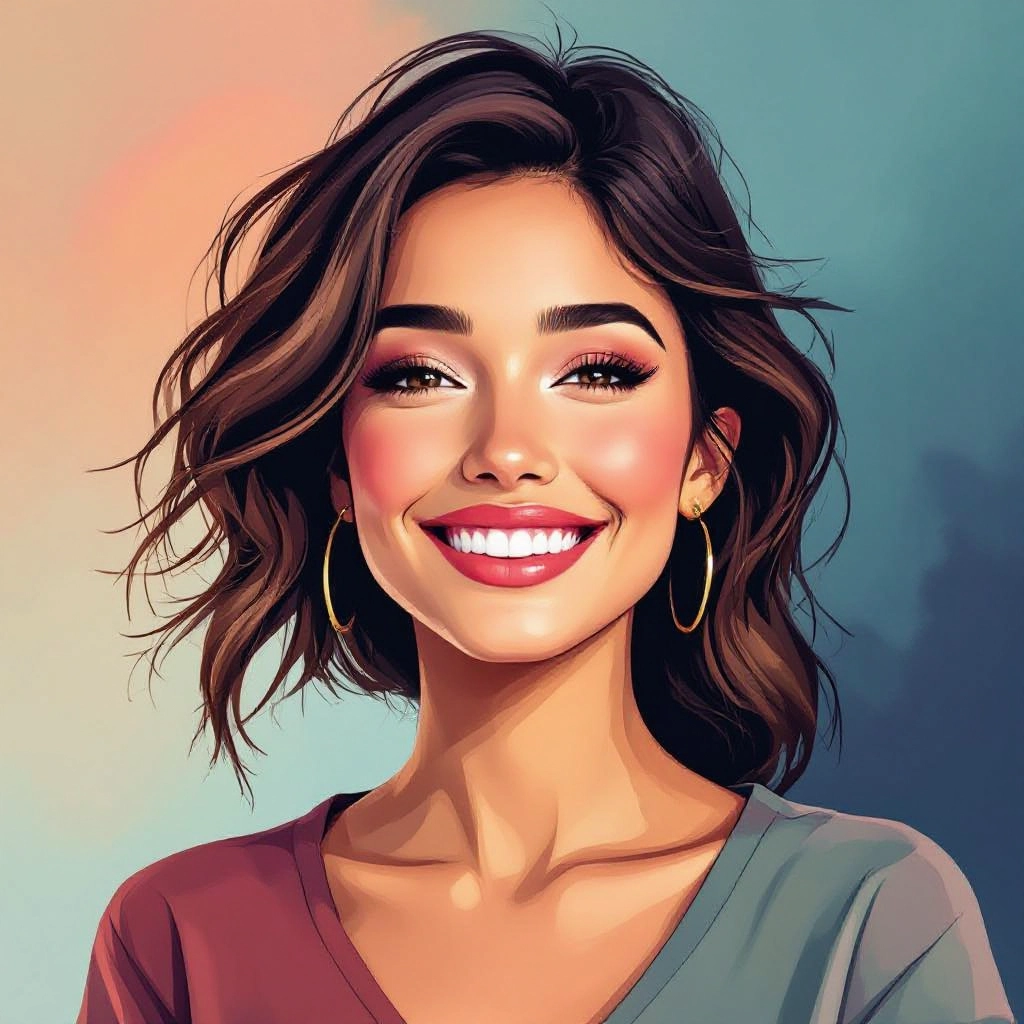
Select your preferred image size and aspect ratio. Our AI model delivers professional quality comparable to:
- • Flux AI Quality
- • Midjourney Standard
- • OpenAI DALL-E
- • Google Imagen
Download AI Analogous Colors Image

Once your AI analogous colors image is generated, click the download button to save it to your device. The image will be in high quality format ready for use.
Features of AI analogous colors Image Generator
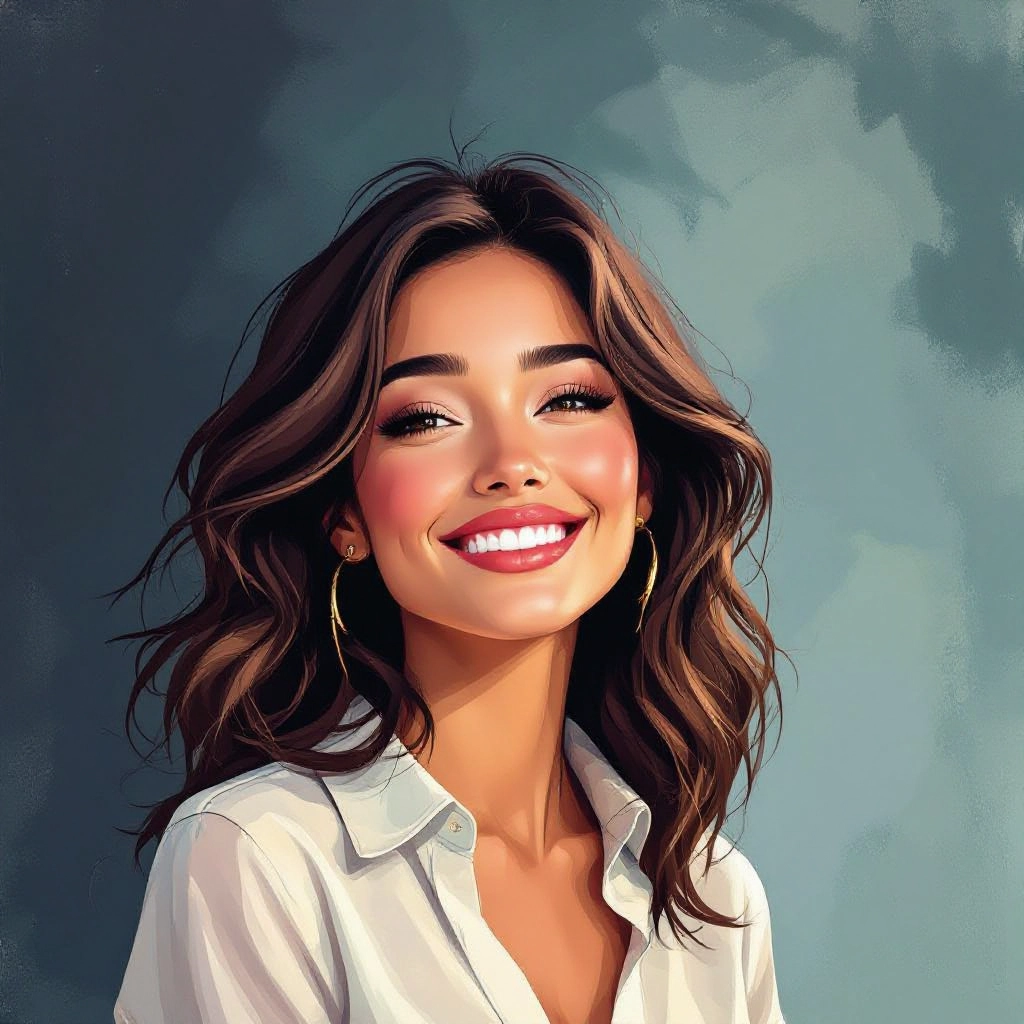
Targeted Analogous Palette Selector
Pick a base hue and the generator automatically builds a three to five color band from neighboring hues, controlling hue shifts so the palette remains cohesive across shadows, midtones, and highlights.

Mood Presets and Tone Controls
Apply presets like serene, dramatic, or vintage that alter saturation and value across the analogous band, or fine tune exposure and contrast to emphasize either warmth or coolness within the narrow color range.
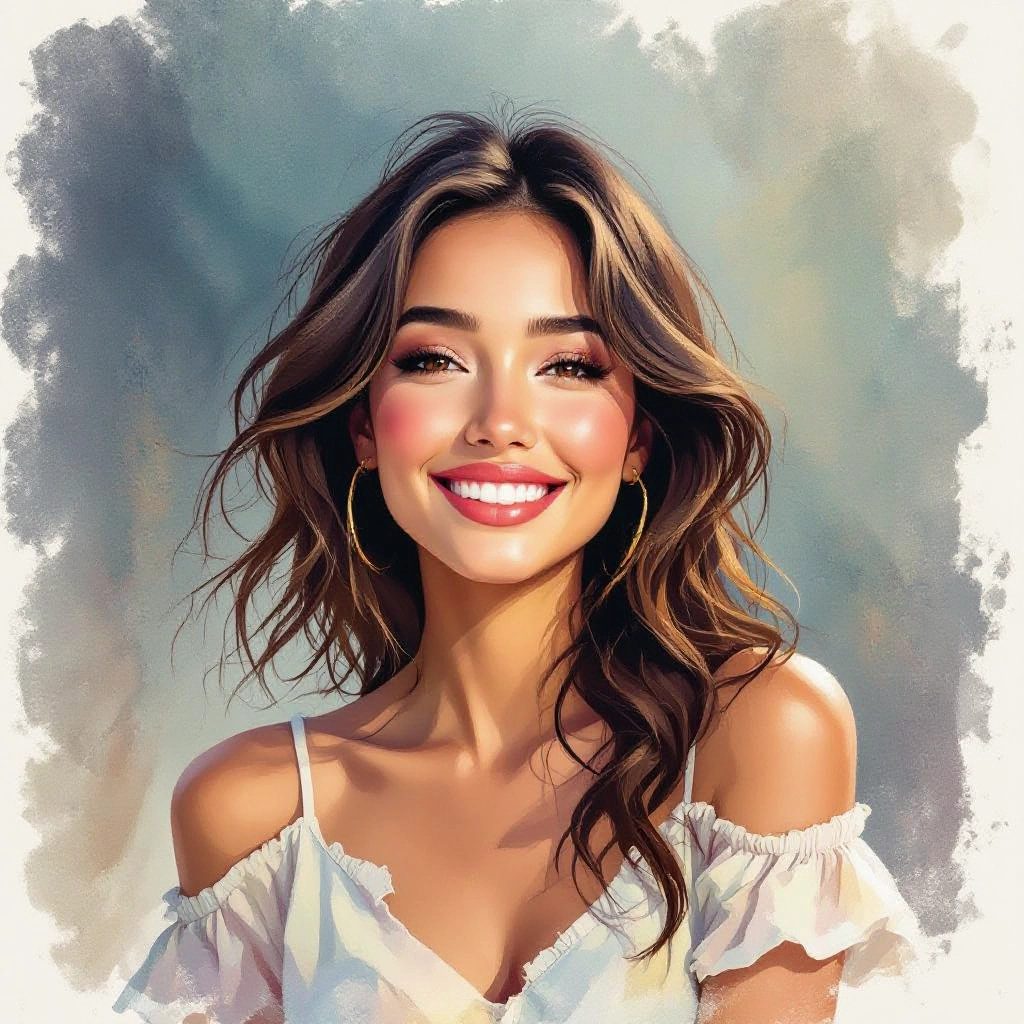
Color-Preserving Composition Engine
AI composition respects analogous relationships so objects, backgrounds, and accents blend naturally while still maintaining readable separation through value and saturation management.

Palette Extraction and Export
Extract hex codes from any generated image, export palettes in ASE, PNG swatches, or copy hex lists for use in design tools, ensuring exact palette consistency across projects.
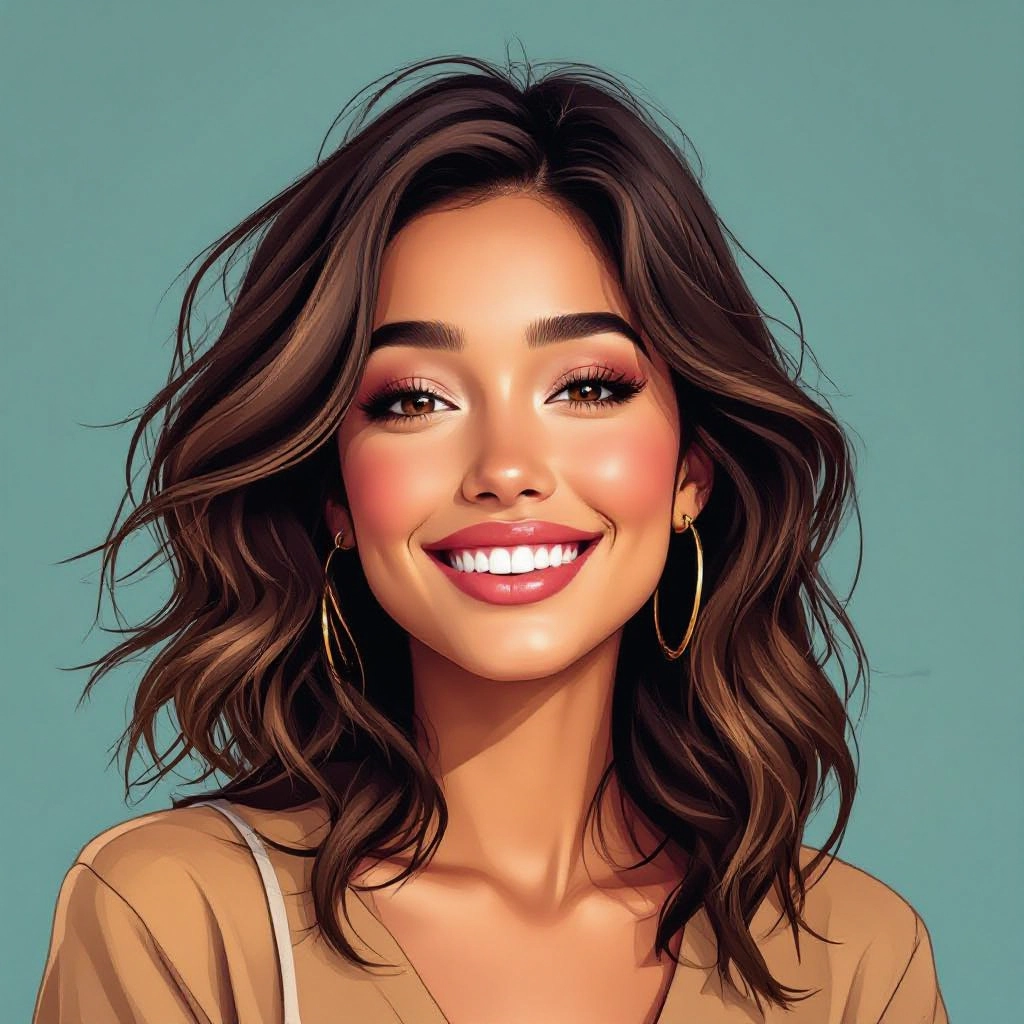
Reference Image Harmonizer
Upload a photograph or sketch and automatically harmonize it to an analogous scheme, shifting local hues while preserving texture and detail for authentic, palette-consistent results.
Types of AI Powered Analogous Colors Style Images
Analogous color approaches can be adapted to many visual styles. Below are common style variations that emphasize the unique strengths of analogous palettes, from subtle tonal studies to bold monochrome-like effects.
Warm Analogous Landscapes
Sunset-driven palettes in reds, oranges, and yellows that produce soft gradients across skies and terrain, ideal for moody backgrounds and environmental concept art.
Cool Analogous Minimalism
Blue and teal bands that emphasize negative space and clean shapes, perfect for UI hero images and product displays requiring calm, professional aesthetics.
Pastel Analogous Illustrations
Low saturation, close-hue combinations in pinks, peaches, and lavenders for friendly editorial spots, children illustration, and lighthearted social graphics.
High-Contrast Analogous Pop
Use adjacent hues at extreme saturation differences to create vivid, pop-art inspired imagery that retains harmony while delivering punch and readability.
Muted Analogous Vintage
Desaturated analogous bands with warm tints and aged texture overlays to evoke retro posters, packaging mockups, and nostalgic brand concepts.
Vibrant Analogous Neon
Electric analogous ranges like turquoise to lime or magenta to orange driving striking nightlife and advertising visuals with unified glow effects.
Applications of AI analogous colors image style
Brand Identity and Logo Color Studies
Generate consistent brand color schemes that read as a locked family of hues, enabling logo variations, brand guidelines, and identity systems with unified color language.
UI and App Theme Generation
Produce interface palettes that maintain legibility while offering a cohesive visual hierarchy for buttons, backgrounds, and highlights using analogous value shifts.
Editorial and Packaging Design
Create magazine spreads, book covers, and product packaging where analogous palettes deliver mood continuity across imagery and typographic elements.
Textile and Surface Pattern Design
Design repeat patterns and fabric prints that rely on subtle hue shifts to create depth without clashing, improving colorway previews for production.
Interior Visualization and Mood Boards
Apply analogous schemes to room renders and mood boards to show how furnishings, wall colors, and accents interact in real-world lighting.
Social Media and Campaign Creatives
Produce a series of cohesive posts and ads that maintain brand mood across multiple assets by reusing a single analogous family adjusted for emphasis.
FAQs about AI analogous colors image generator
What defines analogous colors and why use them?
Analogous colors sit next to each other on the color wheel and share undertones, which creates natural harmony and subtle contrast, making images feel unified and emotionally consistent.
How does the generator choose exact hues and transitions?
The engine starts from a base hue and computes adjacent hues within a configurable angle on the color wheel, then applies value and saturation rules to maintain contrast while preserving harmony.
Can I upload a photo and convert it to an analogous palette?
Yes. The reference harmonizer analyzes dominant tones and remaps local colors into the chosen analogous band while retaining texture, shadows, and highlights.
Are hex codes and palette files exportable?
Yes. Every generated image includes downloadable hex values and common palette formats so you can import exact colors into design software or share with teams.
Is the generator suitable for commercial projects?
Images and palettes created can be used commercially according to the tool terms. The generator produces original compositions focused on color relationships that are usable in branding and products.
How do I ensure accessibility and contrast with analogous schemes?
Use the tool's contrast analyzer to check foreground and background values, increase value separation or saturation on key UI elements, or pair analogous accents with neutral tints for better readability.

Explore All Image Generators
More generators coming soon!
